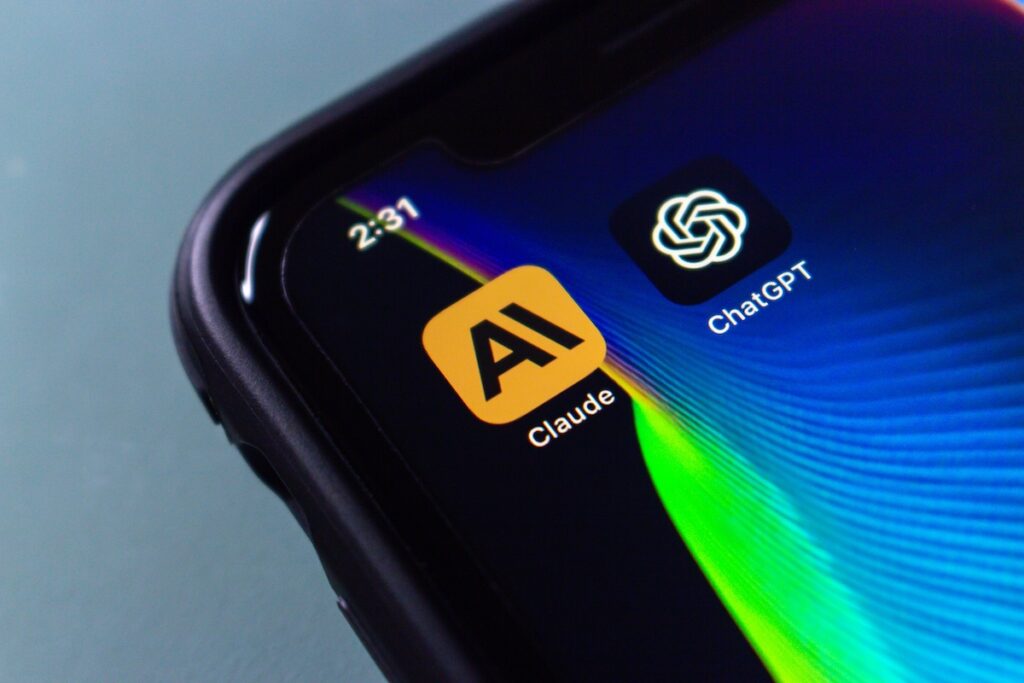

Since 2010, the Global Law Experts annual awards have been celebrating excellence, innovation and performance across the legal communities from around the world.
posted 4 months ago
A California federal judge has issued a groundbreaking decision in the copyright lawsuit brought by authors against Anthropic, the AI company behind Claude. This ruling is one of the most detailed and consequential to date on how U.S. copyright law applies to training large language models (LLMs).
The plaintiffs—authors including Andrea Bartz, Charles Graeber, and Kirk Wallace Johnson—sued Anthropic for copying their books to build a central library and to train Claude. They argued this was copyright infringement.
The judge drew a clear line:
In other words, while the transformative nature of training LLMs shields some copying, the source of the data still matters.
This decision is the first major U.S. ruling to clearly separate:
Fair use in the training process itself (permitted), and
Infringement in acquiring or retaining unauthorized source material (not permitted).
It acknowledges the enormous value that high-quality books provide to training AI but affirms that creators have enforceable rights when their works are pirated.
The decision also points to a path forward for AI companies: if you acquire content legally—whether by purchase or license—then training on it is likely protected as fair use. But shortcuts like mass downloads of pirated material remain an infringement risk.
Here are some likely next steps and broader implications:
Because the court found that the pirated copies were infringing, Anthropic could be liable for statutory damages. The case could proceed to determine how much they owe, unless the parties settle first.
Anthropic or the authors may appeal aspects of this decision. The line between transformative fair use and infringement of source copies will be tested in higher courts.
A separate motion to certify a class of authors is pending. If granted, this could multiply the scale of liability.
This ruling clarifies that AI companies cannot ignore copyright ownership in their data pipelines. It also provides some reassurance that training itself—when conducted on lawfully obtained materials—will often be protected as fair use.
This case highlights the need for clearer rules around AI training data. Legislators may eventually address whether AI companies should pay for ingesting copyrighted works, even for transformative purposes.
This decision is a landmark step in defining the legal boundaries of AI training. While the court embraced the transformative potential of AI, it firmly rejected the idea that everything is fair game. Going forward, companies’ training models will need to be scrupulous about where their data comes from—even as courts recognize that using that data to build AI is often protected.
Stay informed with the latest legal developments at Global Law Experts
Author


No results available
posted 20 hours ago
posted 22 hours ago
posted 1 day ago
posted 1 day ago
posted 2 days ago
No results available
Find the right Legal Expert for your business
Global Law Experts is dedicated to providing exceptional legal services to clients around the world. With a vast network of highly skilled and experienced lawyers, we are committed to delivering innovative and tailored solutions to meet the diverse needs of our clients in various jurisdictions.

Send welcome message